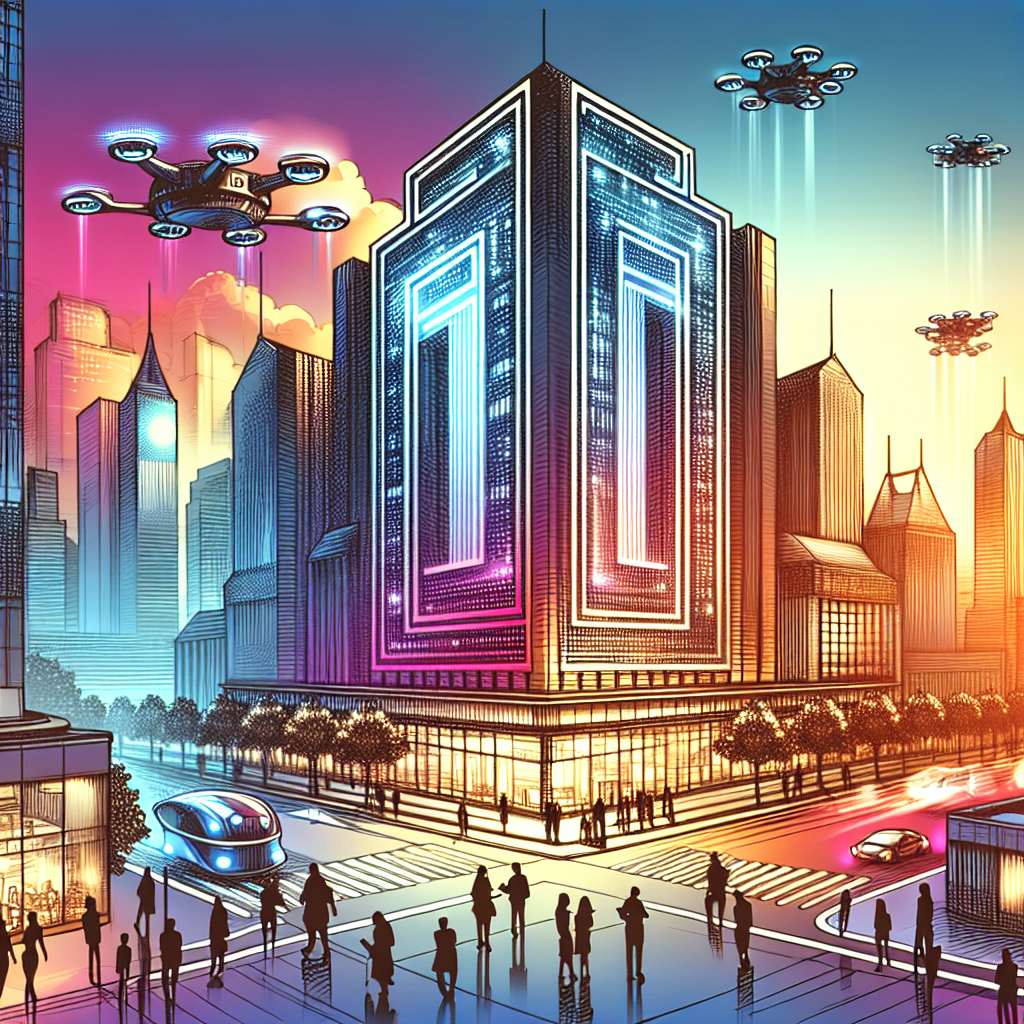In a collaborative effort, Microsoft and a consortium of industry experts across Africa have released a whitepaper titled "AI and the Future of Work in Africa." This document underscores Africa's pivotal role in influencing the evolving landscape of work, particularly as large-scale language learning models (LLMs) gain traction in the region.
Africa boasts nearly one billion people under the age of 35, with projections indicating that it will host almost half of the world's youth population by the turn of the century, potentially comprising half of the global workforce. Despite these demographics, challenges persist, as highlighted by the International Labour Organisation, revealing that over 20% of young Africans are currently not engaged in employment, education, or training.
Ravi Bhat, Chief Technology and Solutions Officer at Microsoft Africa, emphasizes the transformative potential of generative AI (GenAI) to not only reshape work environments but also to stimulate youth-driven innovation, job creation, and economic growth across the continent.
According to insights from the whitepaper, GenAI is expected to significantly impact knowledge worker roles by altering the nature of tasks, requisite skills, and output quality. Research by McKinsey underscores this, suggesting that GenAI could spur annual labor productivity growth of up to 0.6% through 2040, contingent on technology adoption rates and the efficient redeployment of worker time.
Jacki O’Neill, Director at Microsoft Research Africa, highlights broader opportunities as GenAI becomes more accessible via internet-enabled devices and affordable data, potentially lowering barriers to skill acquisition and fostering broader inclusion.
Beyond traditional information worker roles, the promise of GenAI extends to sectors such as agriculture, healthcare, and services. However, the whitepaper emphasizes the critical need to equip Africa's youth with the necessary skills to navigate an AI-disrupted job market effectively.
This necessitates investments across various skill domains, encompassing deployment and utilization of GenAI tools, innovation in applications and technologies leveraging these models, and advanced research capabilities in fields like machine learning, natural language processing, and cybersecurity.
O’Neill underscores the importance of culturally sensitive AI design tailored to individual workers, respecting privacy while enhancing unique skills. Such an approach can foster inclusivity, showcase diverse talents, and support communal development and collaborative work.
Moreover, the whitepaper stresses the importance of proactive governance, inclusive design practices, educational investments, and adherence to ethical and regulatory standards to maximize the beneficial outcomes of GenAI deployment across Africa.
Ravi Bhat concludes that while technology presents immense opportunities, realizing these benefits requires concerted efforts across policymakers, technologists, and citizens to ensure responsible deployment and equitable labor practices.
The AI revolution in Africa is gaining momentum, with Microsoft committed to collaborating with stakeholders across the continent to prepare for a future where AI integrates seamlessly into Africa's work and societal fabric.











